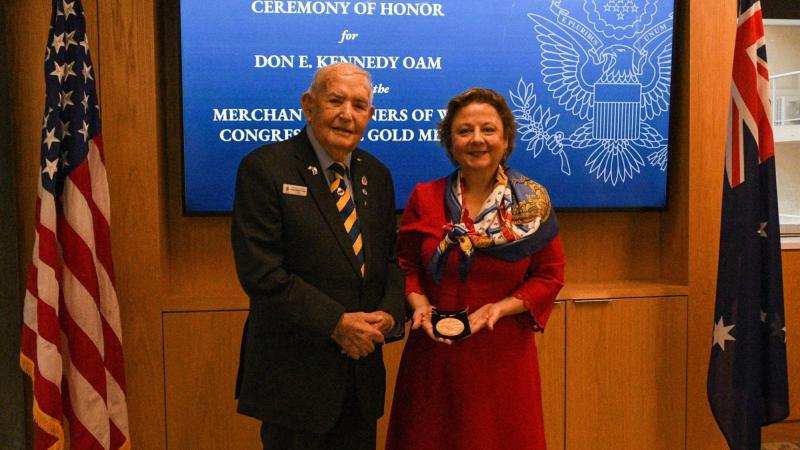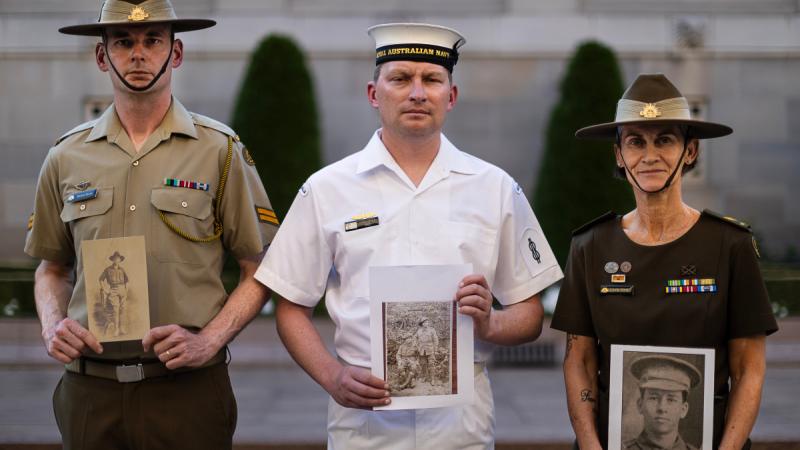Imran Khan’s recent ousting as Pakistan’s Prime Minister is just the latest manifestation of the failure of hybrid regimes in Pakistan – hybrid in the sense that behind the scenes of every civilian government the military elite continues to manage things.
But this time the influence of the military is now being called out like it hasn’t before.
It suggests there may be some tenuous scope for Pakistan’s weak political parties to finally mobilise to gradually allow for relatively more empowered civilian governments.
Khan surged to power in 2018 with military support, but he subsequently fell out with them. Because of this, Khan lost his parliamentary majority when allies, who had been initially assembled by the military to support his coalition government, quit.
Since Pakistan’s inception in 1947, no prime minister has ever completed an entire five-year parliamentary term, and generals have ruled the country on several occasions.
Even during civilian governments, the axis of power has revolved around the office of the Chief of the Army Staff.
This hybrid nature of Pakistani governments has led to frequent conflict between civil governments and the military, culminating in the eventual collapse of civilian administrations. Imran Khan’s regime was an ideal type in this context in that the military was able to use Imran Khan’s fame to win power, with the aim of governing through him.
In a recent television interview, the speaker of the Provincial Assembly of Punjab, Chaudhry Pervez Elahi, one of Khan’s own allies, openly blamed the military for the government’s collapse.
He said in an interview in the Urdu on HUM television Pakistan, “…they (the military) kept changing Khan’s nappies all the time instead of providing him opportunities to learn politics and the art of governance”.
The hybrid Khan-military regime has failed miserably, worsening the instability in the country and leaving a legacy of high inflation, especially food inflation, dwindling foreign reserves and increasing deficits.
As a result, the country is in the middle of a tough International Monetary Fund bailout program.
In addition to the economic crisis, Pakistan faces ongoing challenges, including balancing global pressure to prod the Taliban in neighbouring Afghanistan to meet human rights commitments while trying to limit instability and terrorism within the country.
Previously, the onus for the failure of Pakistan’s hybrid regimes has fallen on civilian governments. The military has remained hidden behind the curtains, and the media, including the private channels, have been controlled by them.
However, this time, the situation has turned against the military establishment.
A defining moment came in October 2020 when Nawaz Sharif, the disqualified prime minister, called out the military by name – accusing Army Chief of Staff General Qamar Javed Bajwa and the former head of Pakistan’s powerful intelligence service, Lieutenant General Faiz Hameed, of engineering Khan’s rise to power in the first place.
“Who is responsible for the destructiveness of this incompetent government of Imran? Who is responsible for silencing the media? Who stole Senate elections? Who is responsible for pre-poll rigging and horse-trading? Who is responsible for the disaster brought by Imran Niazi? Mr General Qamar Bajwa this is a gift given by you. You are responsible for the sufferings of this nation facing troubles,” said Sharif in a speech aired in October 2020 at the Pakistan Democratic Movement’s (PDM) procession.
Since then, people began accusing General Bajwa for Khan’s failures and the military establishment’s role in bringing him to power. Later, Nawaz Sharif’s speeches were banned on electronic media.
Still, his and his party’s accusations found an audience through social media, particularly on YouTube channels that are beyond the control of the government and military.
Consequently, General Bajwa was forced to start distancing himself from Khan, creating difficulties for Khan’s government. This created tensions between the two, which bubbled to the surface after reports emerged that Khan had refused for weeks to sign off on replacing General Faiz Hameed as intelligence chief, reportedly because Hameed still favoured Khan as part of his own bid to become the next Chief of Army.
The well known Pakistani journalist and analyst Najam Sethi has revealed that the military high command brought Khan in, then for two years, tried to guide him.
However, according to Najam, while briefing junior officers in a recent meeting, a senior military official said “….you know, for two years he has not been listening to us and look what he (Imran Khan) has gone and done – isolated us and if he carries on like this it is not acceptable”.
The army’s stance appears to have ignited momentum for the three largest opposition parties to try to make a decisive move against Khan, which eventually came to fruition in the no-confidence motion.
Political parties in Pakistan have been weak from the very beginning of the country.
The Muslim League that founded Pakistan did not have its party roots in the Muslim-majority areas that became Pakistan. It heavily relied on non-democratic colonial administrative structures based on vice-regal colonial practices.
Later, for historical reasons, the weak political parties had to build alliances with the most organised institution, the military – which was dominated by the Punjabi and Pathan ethnic groups. In later years, the military’s dominance further strengthened the early foundations of authoritarianism.
In this context, the Pakistani-American historian Ayesha Jalal argues that state formation followed the concept of war-making from the outset, leading to a sustained political economy base on the military and defence spending.
The political economy has defined the state’s political and economic priorities and paved the way for the military’s continued role in defending Pakistan’s borders and ideology.
To date, the state of Pakistan is best defined as a security state, not a welfare state.
The major takeaway from Khan’s downfall is that it is not merely his failure but another failure of Pakistan’s system of hybrid regimes dominated by the military. However, it may be that the military’s influence in Pakistan may finally be on the decline.
History doesn’t seem to be on the side of the military, and their undisputed power in politics in Pakistan may diminish in the coming years as civilian parties become more emboldened to call them out.
The current state of politics in an age of ubiquitous social media means the military elite’s involvement in politics is being regularly exposed.
While Nawaz Sharif has been prepared to boldly expose their involvement, this time Khan and some retired generals have launched an anti-military campaign. Khan’s supporters shouted anti-military slogans during their recent protests against his ousting as PM.
The international situation where the US has exited Afghanistan to focus on the Asia-Pacific and Europe also does not favour Pakistan’s military which has been accustomed to US financial backing.
Such a situation will now hopefully compel the state of Pakistan to gradually start delivering to its people.
If the ruling elites do not learn the lessons of the failures of hybrid regimes in Pakistan and achieve political and economic stability, and political parties do not organise their party base in masses along with democratic and anti-corruption principles – the ultimate destination will only be ongoing instability and the threat of eventual chaos.








